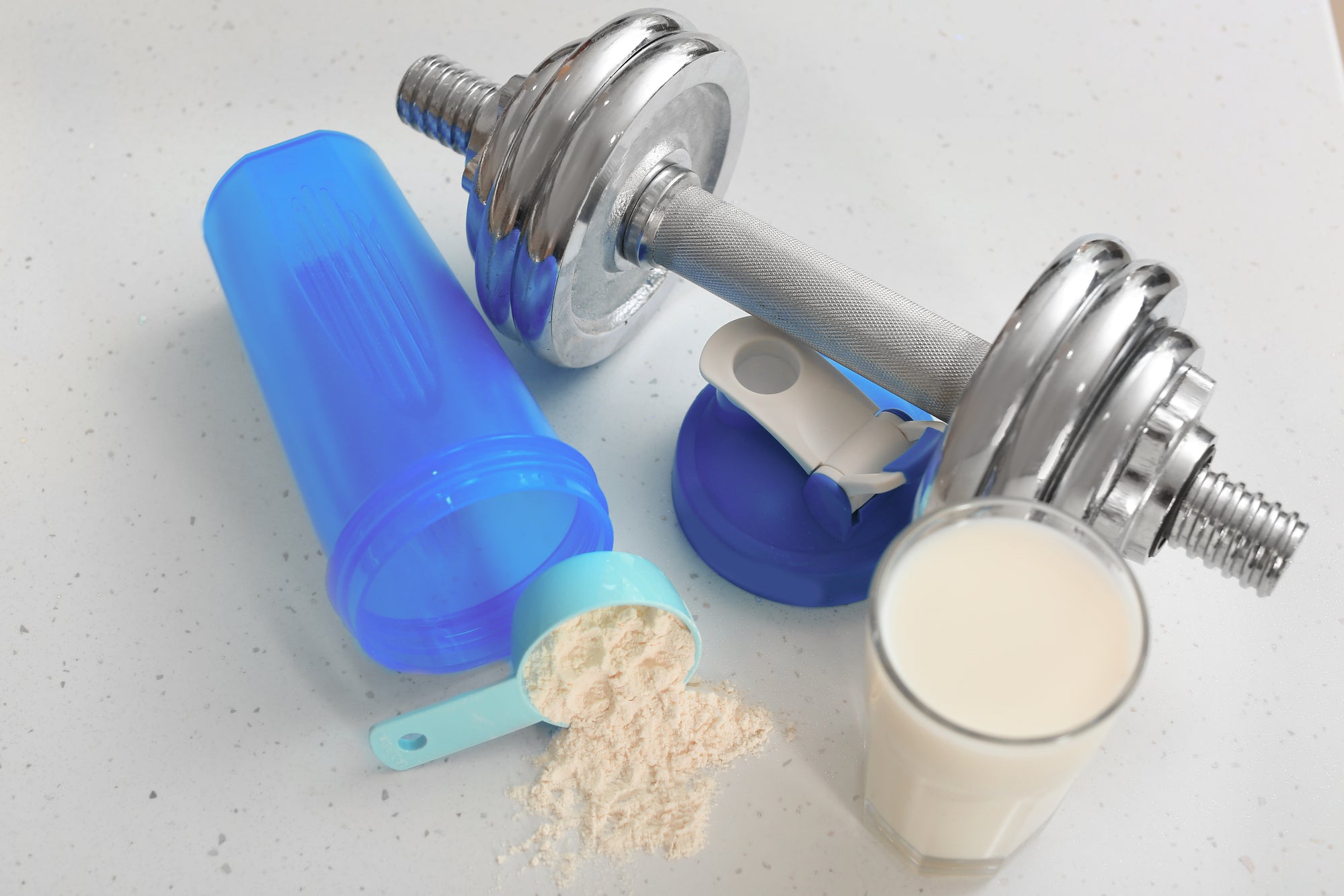Before it reaches you, your protein powder has already gone through an array of processes. These steps are meant to improve its flavor, isolate specific nutrients and increase shelf-life – among other things.
The problem, though, is that this usually means what you end up with is a highly denatured protein powder. Why does this matter? What does it even mean?
Denatured Defined and Explained
Proteins are complex, 3-dimensional structures that are built out of amino acids. When they are exposed to high heat, acids, and a number of other factors, this structure can break down. That is, essentially, what it means for a protein to be “denatured.”

This process can happen in various degrees, though, and does happen naturally when your body digests your food. In some cases, this is even done on purpose while the protein powder is being created. Whey protein hydrolysates, for example, are exposed to enzymes which partially denature the proteins so that they are more rapidly absorbed.
If it's a naturally occurring process and even done purposefully, then, what's the problem with denatured protein powder? You might assume – as many do – that denaturing somehow makes the amino acids less useful to your body.
Interestingly, this simply isn't the case. Your body is still able to metabolize and use amino acids from a denatured protein. Is there any reason, therefore, why you might want to avoid denatured protein powder?
More than Protein
To fully understand the problems with denatured protein powders, we need to be clear on one point: protein powders are about more than just protein. While this titular macronutrient tends to get all the attention, various protein sources also carry highly beneficial peptides and other substances.
Even if the protein is still useful, these can be completely destroyed in the denaturing process. Whey protein, for example, is a loaded with beta-lactoglobulin, alpha-lactalbumin, lactoferrin, and immunoglobulins – all of which can be rendered useless when the protein is denatured.

These substances can benefit you in a number of ways, improving your immune function, your cardiovascular health, your response to exercise and even your hormonal levels. The same can said of other types of protein powder, as well.
Depending on where the protein comes from, it may be bundled with micronutrients that you could use but aren't getting enough of because of over-processing. Plant-based protein powders, for instance, often contain phytochemicals and other substances produced by that unique plant that could work as powerful antioxidants, support immune function, improve cardiovascular health or any serve number of other functions.
Selecting an undenatured protein powder, then, will ensure that you're getting high levels of nutrients that can improve your overall health – not just give you a boost of protein.
Other Considerations
It should also be noted that, in an effort to cover the nutritional gaps created by over-processing, manufacturers often add other substances back in to the powder. Although this is generally spun into a selling point, it is a mark of a poorly-made product.
Even worse, companies often use these “added nutrients” as an excuse to up their price. Highly denatured protein powders, then, usually do less for you, while costing significantly more.






